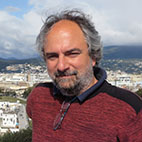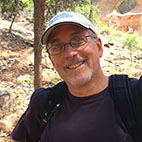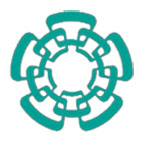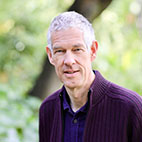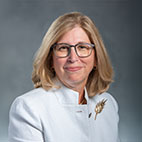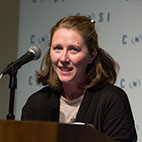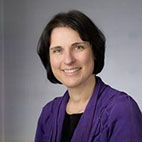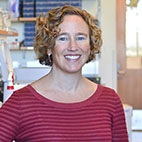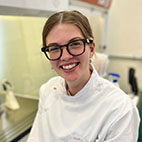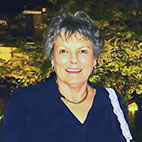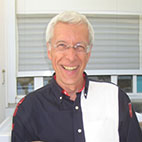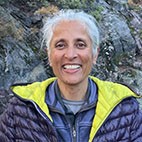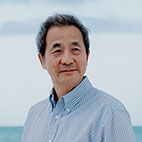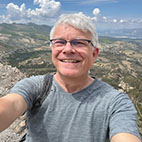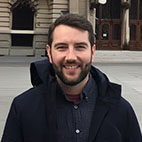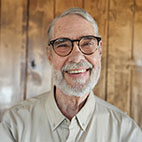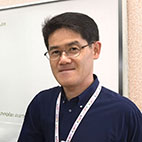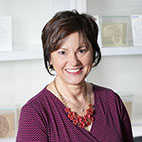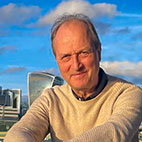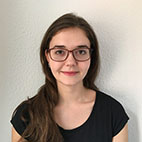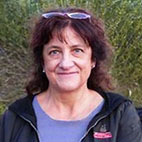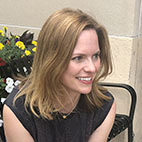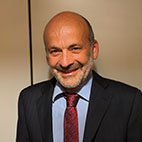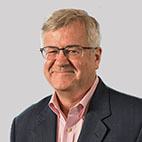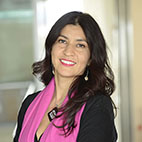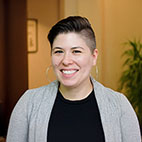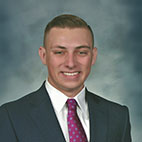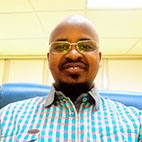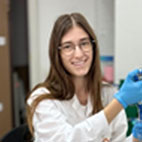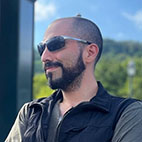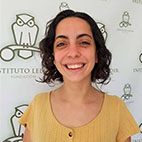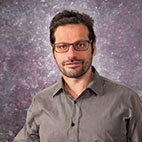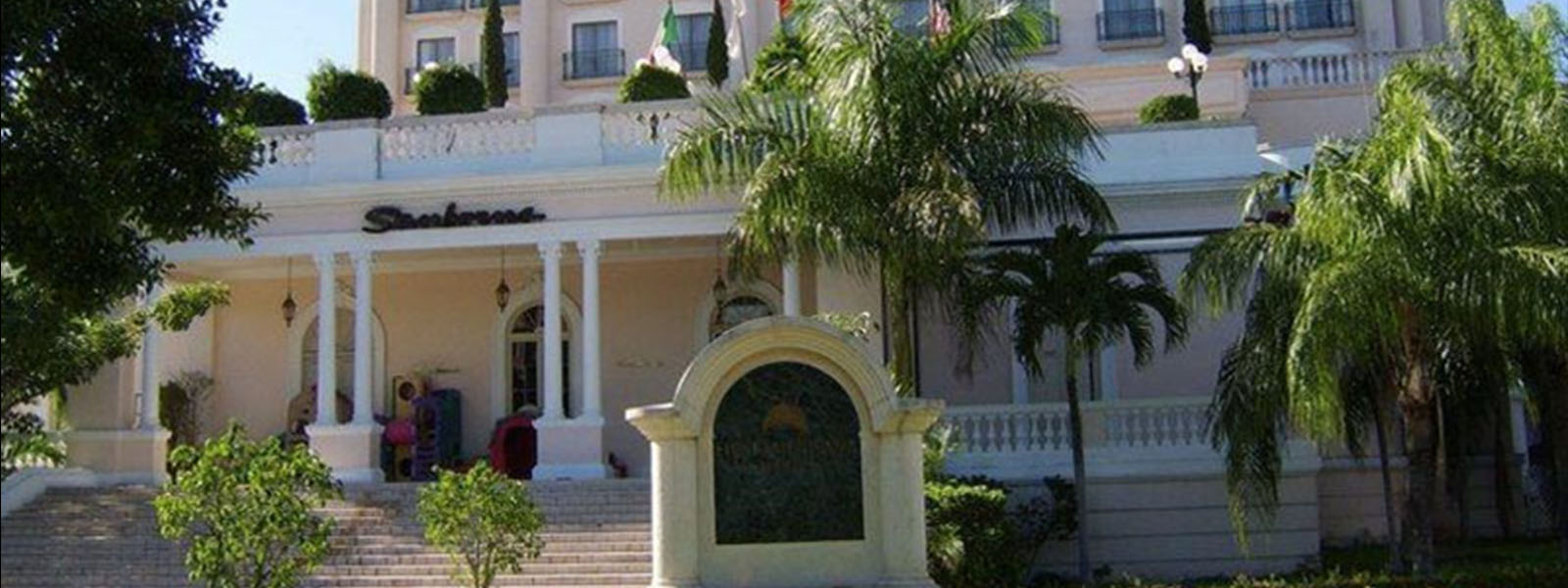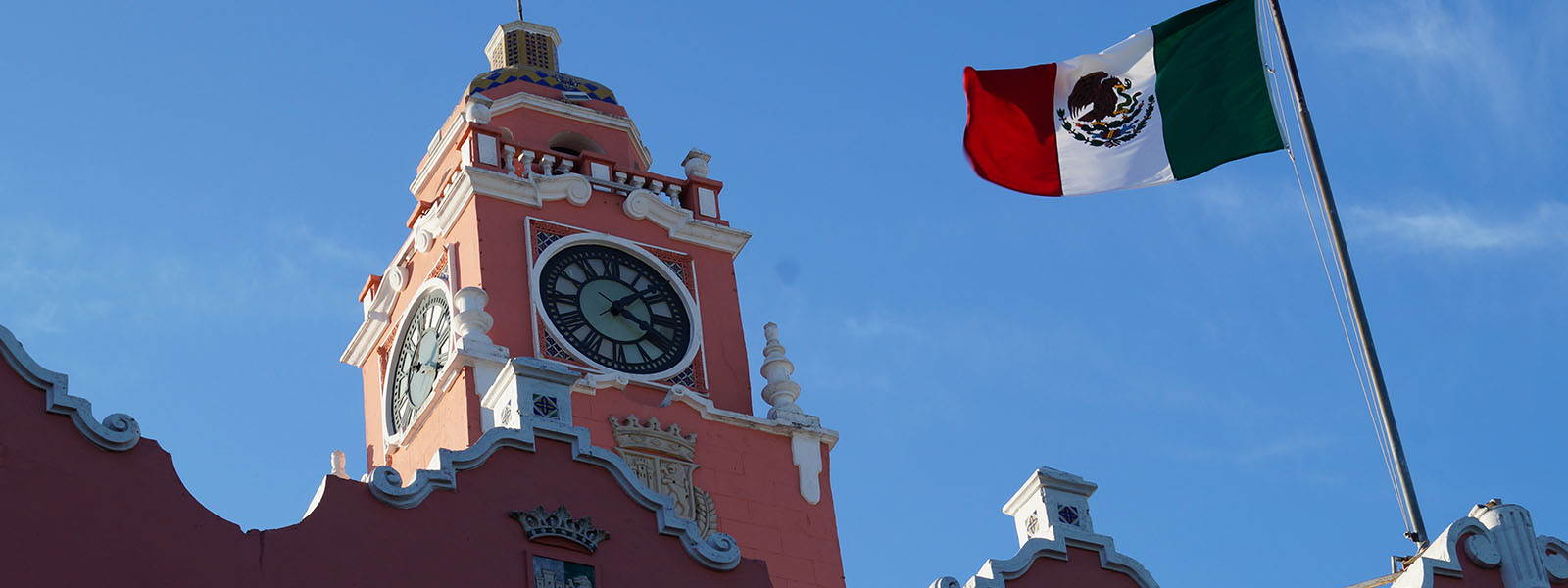Scientific program
A printer friendly version of the PROGRAM INCLUDING POSTERS can be downloaded here
Registration
Welcome address from Local Authority
, -
Reception
Registration
Setup posters

ZIP7 controls zinc concentration and redox state in the ER
Yuta Amagai, Kyushu University - JP
Coffee break

Single nucleotide polymorphisms and Zn transport by ZIP11 shape functional phenotypes of HeLa cells
Monserrat Olea-Flores, University of Massachusetts - US

Zinc in glioma of long-term surviving patients - a pilot study
Emil Rudolf, Hradec Králové Charles University - CZ
Conference Photo
Lunch (also: ISZB Board Meeting)
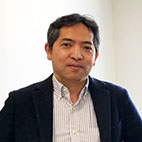
Structural basis of zinc-dependent protein quality control at the ER-Golgi interface
Kenji Inaba, Kyushu University - JP
Coffee break

Zinc Imaging and Targeting of Pancreatic Islet Beta Cells
Wen-hong Li, University of Texas - US
Poster Session
Coffee break
Coffee break
ISZB Members Meeting
Lunch
Coffee break
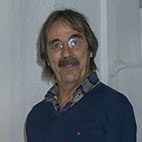
SESSION: Nutrition
Chair Eduardo Brambila, Benemérita Universidad Autónoma de Puebla - MX

The Effects of Increased Non-Intestinal Zinc Losses on Dietary Zinc Requirements for Older Adults and Individuals at Risk for Noncommunicable Diseases
Andrew Hall, University of California Davis - US
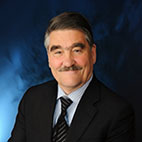
The continuing search for a biomarker indicating zinc nutritional status
Chris Frederickson, University of Houston - US

The role of zinc in white matter injury and brain development: from cells to humans
Christopher Elitt, Boston Childrens Hospital - US

Regulation of Zinc Homeostasis in Rice
Luqing Zheng, Nanjing Agricultural University - CN
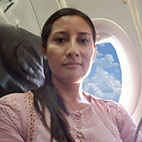

SESSION: Young Investigator Questions (science or career)
Chair Violeta Aburto-Luna, Benemérita Universidad Autónoma de Puebla - MX
Linda Le, University of Calgary - CA
Evening free
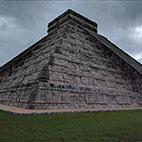
Chichén Itzá excursion
Evening free
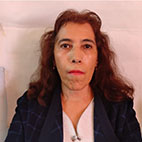
Prophylactic administration of zinc and therapeutic administration of selenium at optimal doses in adult rats prevents long-term cognitive and behavioral sequels following a transient ischemic attack
Bertha Alicia León Chávez, Benemérita Universidad Autónoma de Puebla - MX
Coffee break
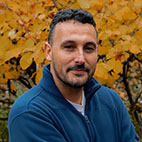
Variants in the zinc transporter TMEM163 cause a hypomyelinating leukodystrophy
Guillermo Rodriguez Bey, University of Pittsburgh - US
Lunch
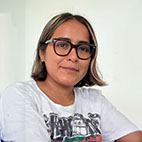
SESSION: Model Organisms
Chair Johana Vásquez-Procopio, Instituto Tecnológico del Valle de Oaxaca - MX
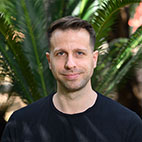
Discovery of a mitochondrial zinc-specific importer in yeast
Ofir Klein, Weizmann Institute of Science - IL
Coffee break
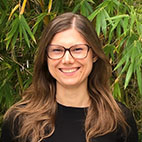
Understanding the Zn2+-dependent formation and stability of CD4/CD8α-Lck complexes crucial in T-cell activation
Kocyla Anna, University of Wroclaw - PL
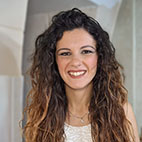
Exploring the link between zinc storage and tryptophan metabolism using 19F NMR and bioinspired proteoliposomes
Alessandra Barbanente, Università degli studi di Bari Aldo Moro - IT
Poster Session
GALA dinner (please be on time)
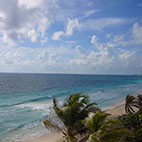
Free morning
Suggestion: Beach excursion


SESSION: Young Investigators
Chair Violeta Aburto-Luna, Benemérita Universidad Autónoma de Puebla - MX
Linda Le, University of Calgary - CA
Coffee break

Prelude to Chris Frederickson Award
Chris Frederickson, University of Houston - US
Gallery
Registration & Abstract submission
DEADLINE FOR REGISTRATION FEE PAYMENT: 15 NOVEMBER 2024
Regular Attendee
(Individual Accommodation)
$ 1,900
- 6 nights, 3 lunches
- Access to scientific sessions
- Chichen Itza tour and access to other activities
- Gala Dinner
- ISZB member discount: $300
Regular Attendee
(Shared Accommodation)
$ 1,500
- 6 nights, 3 lunches
- Access to scientific sessions
- Chichen Itza tour and access to other activities
- Gala Dinner
- Possibility to name roomate
- ISZB member discount: $300
Regular Attendee
(NO Accommodation)
$ 1,100
- 3 lunches
- Access to scientific sessions
- Chichen Itza tour and access to other activities
- Gala Dinner
- ISZB member discount: $300
Early Career Researcher Attendee
(Individual Accommodation)
$ 1,600
- 6 nights, 3 lunches
- Access to scientific sessions
- Chichen Itza tour and access to other activities
- Gala Dinner
- ISZB member discount: $150
Early Career Researcher Attendee
(Shared Accommodation)
$ 1,000
- 6 nights, 3 lunches
- Access to scientific sessions
- Chichen Itza tour and access to other activities
- Gala Dinner
- Possibility to name 2 roomates
- ISZB member discount: $100
Early Career Researcher Attendee
(No Accommodation)
$ 700
- 3 lunches
- Access to scientific sessions
- Chichen Itza tour and access to other activities
- Gala Dinner
- ISZB member discount: $100
Accompanying Person
(Shared Accommodation)
$ 1,000
- 6 nights, 3 lunches
Access to scientific sessions- Chichen Itza tour and access to other activities
- Gala Dinner
- Possibility to name roomate
F.A.Q.
-
How do I become a member of ISZB to pay the reduced registration fee?
Becoming an ISZB member is simple! Please click on the following link and follow the instructions there. https://www.zinc-net.com/ISZB.html#membership
-
How can I commute by land from the airport at Cancun to the hotel Fiesta Americana Mérida in Merida?
To commute from Cancun International Airport to the Fiesta Americana Mérida hotel , you have several options by land. Whichever option you choose, you'll have a scenic drive across the Yucatán Peninsula to reach your destination in Mérida.
- Bus. The ADO bus service is a reliable and comfortable way to travel between Cancun and Mérida.
From the Airport: Take the ADO bus directly from the Cancun Airport to Mérida. These buses usually depart several times a day. The trip takes around 4 to 5 hours. You can check the ADO website or visit their counters at the airport for schedules and tickets: https://www.ado.com.mx/viajes/terminal-cancun-a-ciudad-merida-yuc - Private Shuttle. Several companies offer private shuttle services.
Booking: You can book these services online in advance. Some services allow you to pay per vehicle, which can be cost-effective for groups. Travel time is approximately 4 hours, depending on traffic. Several companies offer private shuttle services from Cancun Airport to Mérida. These shuttles provide a comfortable and direct way to travel between the two cities. Some reputable companies include: Cancun Shuttle, eTransfers, Happy Shuttle Cancun, CARM Tours & Transfers.
Advance Booking: It's advisable to book your shuttle in advance to ensure availability and potentially secure better rates.
Confirm Details: Make sure to confirm the pickup details, including the terminal at Cancun Airport and the address of your destination in Mérida.
Check Reviews: Reading reviews from other travelers can help you choose a reliable and reputable service. - Car Rental. Renting a car gives you the flexibility to travel at your own pace.
Rental Locations: There are several car rental agencies at Cancun International Airport. Ensure you have a valid driver’s license and understand the local driving laws.
Route: The drive takes about 3.5 to 4 hours. The most common route is via the toll road (Autopista/Mexico 180D), which is faster and more comfortable. - Taxi. Taking a taxi for such a long journey might be more expensive compared to other options but is convenient.
Booking: Taxis can be booked directly at the airport. It's advisable to agree on the fare beforehand.
Travel Time: The travel time is similar to that of a private shuttle, approximately 4 hours. - Mayan Train. The trip takes around 3:30 h and there are several trains per day. Book in advance at the website.
Comfort: For a long journey, ensure the vehicle or service you choose is comfortable, especially if traveling with luggage.
Safety: Choose reputable services and, if driving, stay on well-traveled roads.
Reservations: Booking in advance can save time and ensure availability, especially during peak travel seasons.
- Bus. The ADO bus service is a reliable and comfortable way to travel between Cancun and Mérida.
-
How do I transfer from the Merida Airport to the Fiesta Americana Mérida Hotel?
Transferring from Mérida International Airport (Manuel Crescencio Rejón International Airport) to the Fiesta Americana Mérida Hotel is quite straightforward. Choosing a taxi or rideshare is usually the most convenient and quickest option. If you prefer a more organized and comfortable transfer, booking a private shuttle or checking for a hotel shuttle service is advisable. Here are your main options:
- Taxi.
Availability: Taxis are readily available at the airport.
Duration: The ride typically takes around 20-30 minutes, depending on traffic.
Cost: Taxis from the airport have fixed rates; you can check the rate at the taxi counter inside the terminal. - Rideshare Services
Services: Uber and other rideshare services are available in Mérida.
Booking: You can book a ride through the app once you have your luggage and are ready to be picked up.
Cost: Usually cheaper than taxis, and the app will provide an estimated fare. - Private Transfer Services
Services: Several companies offer private transfers from the airport to your hotel.
Booking: These can be booked online in advance or through your hotel.
Cost: Prices vary depending on the service and vehicle type. It's usually a bit more expensive than taxis but offers added convenience and comfort. - Hotel Shuttle
Service: Some hotels offer shuttle services from the airport.
Booking: Check with Fiesta Americana Mérida to see if they provide this service and book in advance if available.
Cost: It might be complimentary or charged depending on the hotel policy. - Car Rental
Service: Several car rental agencies operate at Mérida Airport.
Booking: You can rent a car upon arrival or book in advance.
Cost: Varies by rental company and vehicle type. Consider the convenience of having your own vehicle versus navigating local traffic and parking.
Directions to Fiesta Americana Mérida from the Airport: Exit the Airport, follow signs to the main exit where taxis, rideshares, and shuttles are located. Head north on Calle 23 towards Calle 21. Take the exit onto Av. Aviación/Carretera Mérida-Progreso/México 261. Continue on Av. Aviación and take Calle 60 to the hotel.
- Taxi.
-
Will there be published conference proceedings?
There will be a special issue from the official Journal of ISZB, the Journal of Trace Elements in Medicine and Biology, open to all registered attendees. Submissions will open in October 2024 and close in May 2025. There may be other special issues advertised at the meeting, but the abstracts will not be published separately.
-
How can I pay my registration fee?
During your registration you will be asked to choose between payment by credit card (which opens automatically the ability to submit your abstract) or through a direct bank transfer, where you will be asked to send by email proof of payment and the organizers will enable your access to the abstract submission system manually after they confirm receipt. Please note that for international payments the credit card system only accepts VISA or MASTERCARD.
-
How do I submit an abstract for a presentation?
Once you register to the meeting, you get a link to pay the fees and once payment is settled, you get a link to submit title and abstract of the work you wish to present. At this point you can indicate the sessions to which your work fits best and whether you prefer a poster or oral presentation.
-
Do I need a VISA to visit Mexico?
The answer depends on your country of citizenship (passport) that you carry. A comprehensive response in English can be found from the Consulate of Mexico in China, where information for all countries has been listed: https://consulmex.sre.gob.mx/shanghai/index.php/english/visa-information
IF YOU NEED A LETTER FOR VISA PURPOSES PLEASE WRITE TO iszb2024@cinvestav.mx SO THAT WE EXTEND ONE. If you have submitted an Abstract, please include the title of your abstract in your request.
-
Can I stay longer in the same venue?
Yes, the Hotel respects the same reduced price of US$160 per night for the rooms for 3 nights prior to the meeting and 3 nights after it ends. To reserve for extra nights, please email at iszb2024@cinvestav.mx stating your additional check-in and check-out dates. The additional (extra) payment will be arranged on an individual basis.
-
Can I buy extra tickets for the GALA dinner or the Chichén Itzá tour?
A limited number of extra tickets are available for US$160 for each of these two social events for an accompanying person who has not registered to the meeting. Please inform the organizers as soon as possible if you think you may wish to make use of this offer. Please email at iszb2024@cinvestav.mx.



